Greetings! You may be surprised to find out that McDonald’s is cutting down on its use of antibiotic rich chicken meat. It would seem like things are changing for the better after reading the press release posted by the NRDC, the National Resource Defense Council. In reality though, McDonald’s is just cutting down on some chicken drugs, the medicinal antibiotics, that are used in commercial poultry operations. Their chicken dishes, if you can call them that, will still contain dangerous growth hormones and a wonderful cocktail of very questionable substances that fall under the category of “food additives”. For a list of what is in McDonald’s chicken nuggets check out this link.
Some people call these types of moves PR Campaigns, or deceptive marketing.
Unfortunately, it seems that moves like these work to hush any resistance against industrialized agriculture and the food science experiment industry known as “fast food”. Many people might be confused into missing the real fact; McDonald’s is just cutting medical antibiotics from their chicken, not all meat. Their chicken still has growth hormones and other harmful additives. I sincerely hope in writing this that many of us avoid becoming self-righteous and self-satisfied and thinking that it is morally justified to eat McDonald’s because they project the image that they are saving the earth and making healthy food because they love Americans.
I understand that for low income families fast food is cheap and easy. I understand that if people have to feed a few kids on 7 or 8 dollars per hour and are working 12+ hours a day, that they don’t have time to make or eat healthy food. So, if healthy food seems like it might break your wallet, you might be right. America kind of screws a lot of people on their good food options. That is why it is impossible for me to preach changing America’s unhealthy food choices when these realities exist. Grassroots food activists need to step up and help low income communities grow their own food, so as to have an alternative to fast food. If more community gardens and community based agriculture exists, more people of all races and classes would be able to access healthy, nutrient dense food. I may dedicate another blog in the future to community gardens and community organizing, but for now, I must stop here.
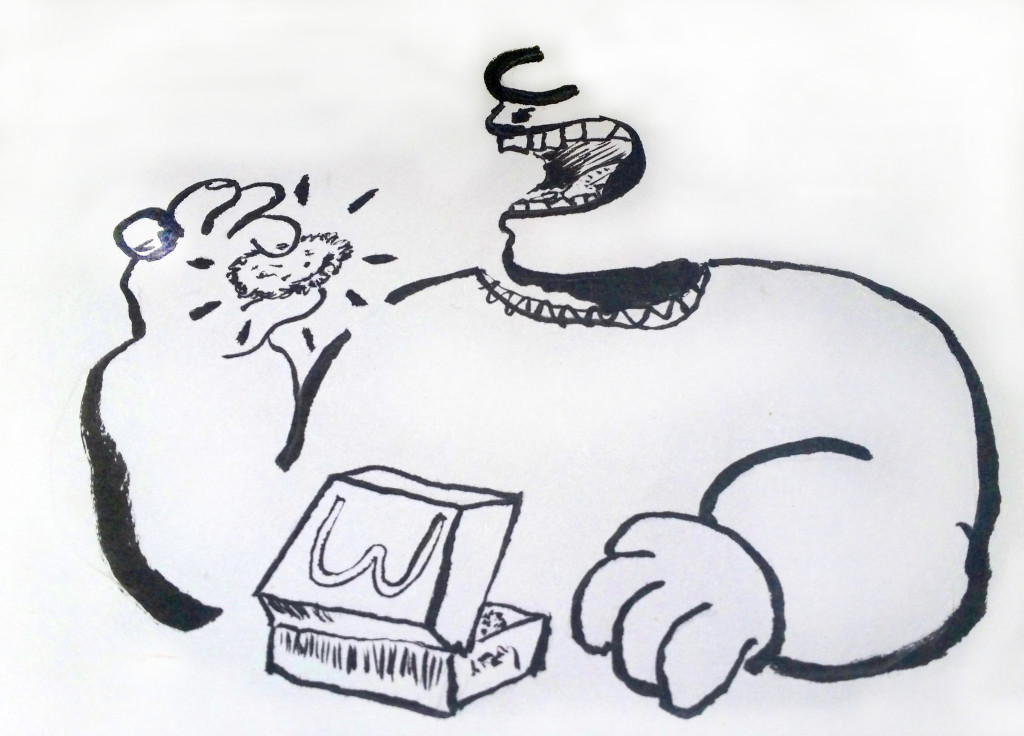
The American middle class, if that even exists anymore, needs to wake up and smell the coffee. No, not the McCafe or whatever McDonald’s serves. The real coffee, preferably organically and fair trade certified to ensure no chemical use and a fair price for the farmer. But for those who can afford it, please don’t be fooled by Ronald McLiar if he tells you his chicken is healthy. It is not, and the less drugged up food society buys, the more pressure there is on fast food joints like McDonald’s to clean up their act. The solution is to boycott. Again, for those who can, please boycott fast food places like McDonald’s, Burger King, Wendy’s, Taco Bell, and all processed food for that matter. This is one small thing people who have some luxury can start doing. If you don’t have the luxury, hopefully you can find some way to eat healthy food. You can check out some tips for cutting organic food costs in my blog that I wrote last time.
Thanks for reading, and stay tuned for our upcoming shows!

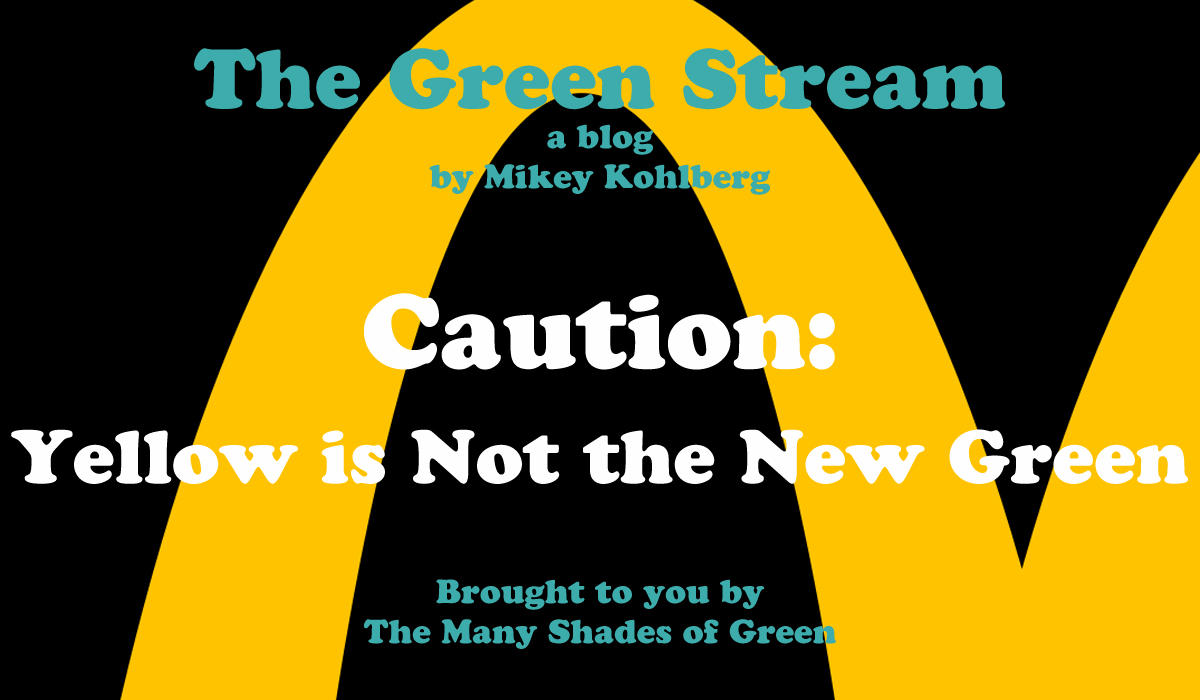
 By
By 
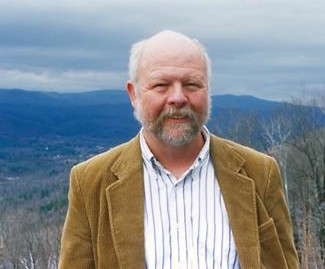 What comes first, the Earth or Earthlings? There are a lot of us humans on the planet, and we have to start thinking about keeping our numbers down. Join me and my guest Dave Foreman, activist, author, and founder of Earth First!, the Wildlands Project, and the Rewilding Institute, as we discuss his latest work, a new revised of edition of his popular title, MAN SWARM: How Overpopulation is Killing the Wild World, which is co-authored with Laura Carroll, author of The Baby Matrix. Population is one factor in the environmental degradation of the planet. Should there be a one child policy in the US or should we stop having babies altogether? What can be done to solve this problem? Tune in to find out. For more information go to
What comes first, the Earth or Earthlings? There are a lot of us humans on the planet, and we have to start thinking about keeping our numbers down. Join me and my guest Dave Foreman, activist, author, and founder of Earth First!, the Wildlands Project, and the Rewilding Institute, as we discuss his latest work, a new revised of edition of his popular title, MAN SWARM: How Overpopulation is Killing the Wild World, which is co-authored with Laura Carroll, author of The Baby Matrix. Population is one factor in the environmental degradation of the planet. Should there be a one child policy in the US or should we stop having babies altogether? What can be done to solve this problem? Tune in to find out. For more information go to 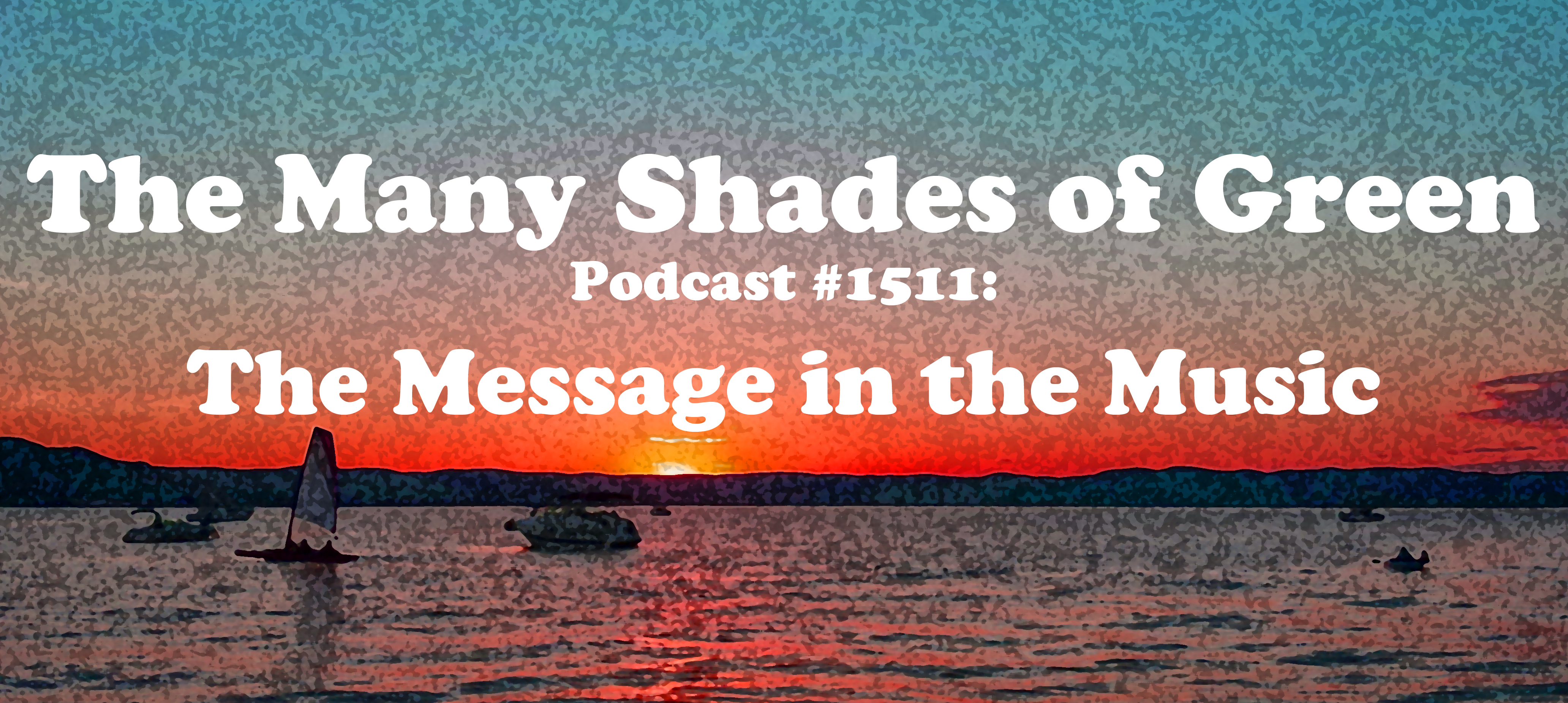
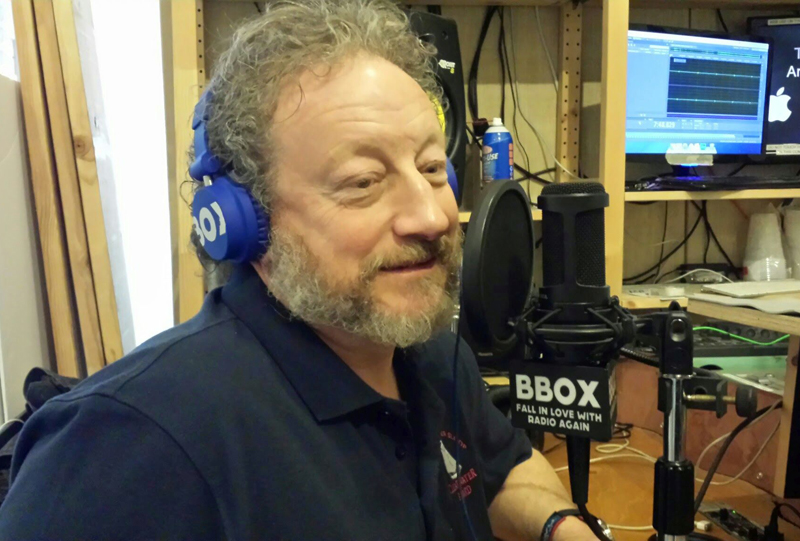 “We are keepers of the planet, we are protectors of the water, the land, the air.” Join me and my guest Don Raskopf, a member of the Board of Directors for Clearwater, and co-founder of Ban Fracking Now, as we delve into topics of fracking, train transportation of bakken crude oil, green building and the musical connection to Clearwater via one its founders, Pete Seeger. Music continues to be the message, as it is the force behind social movement and activism. For more information about Clearwater and the upcoming Clearwater Festival go to
“We are keepers of the planet, we are protectors of the water, the land, the air.” Join me and my guest Don Raskopf, a member of the Board of Directors for Clearwater, and co-founder of Ban Fracking Now, as we delve into topics of fracking, train transportation of bakken crude oil, green building and the musical connection to Clearwater via one its founders, Pete Seeger. Music continues to be the message, as it is the force behind social movement and activism. For more information about Clearwater and the upcoming Clearwater Festival go to 
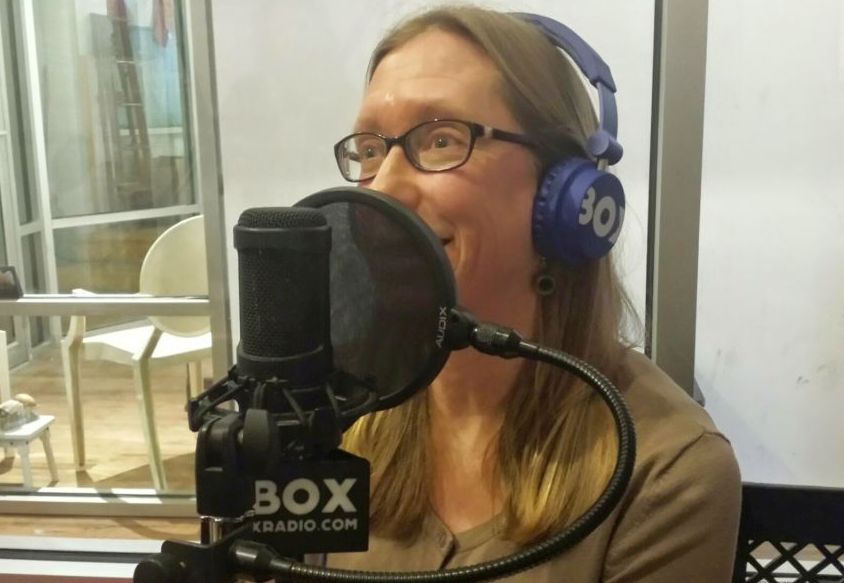 My guest this week is the multi-talented artist Donna Sharrett, whose most recent exhibit, Love Songs, captivated art lovers with a beautifully crafted array of pieces that were intricately assembled using materials donated and re-used. This collection of artwork was formed from Donna’s memories, as she re-used fabric, jewelry, dirt, guitar strings and other items to create these beautiful pieces. We also talk about how Patti Smith was in some small way part of the exhibit via her song, Dancing Barefoot. Donna is also a master gardener and started the Community Garden in Ossining, NY. Art and the environment are interconnected, and Donna is a prime example how that connection is made. For more information go to
My guest this week is the multi-talented artist Donna Sharrett, whose most recent exhibit, Love Songs, captivated art lovers with a beautifully crafted array of pieces that were intricately assembled using materials donated and re-used. This collection of artwork was formed from Donna’s memories, as she re-used fabric, jewelry, dirt, guitar strings and other items to create these beautiful pieces. We also talk about how Patti Smith was in some small way part of the exhibit via her song, Dancing Barefoot. Donna is also a master gardener and started the Community Garden in Ossining, NY. Art and the environment are interconnected, and Donna is a prime example how that connection is made. For more information go to 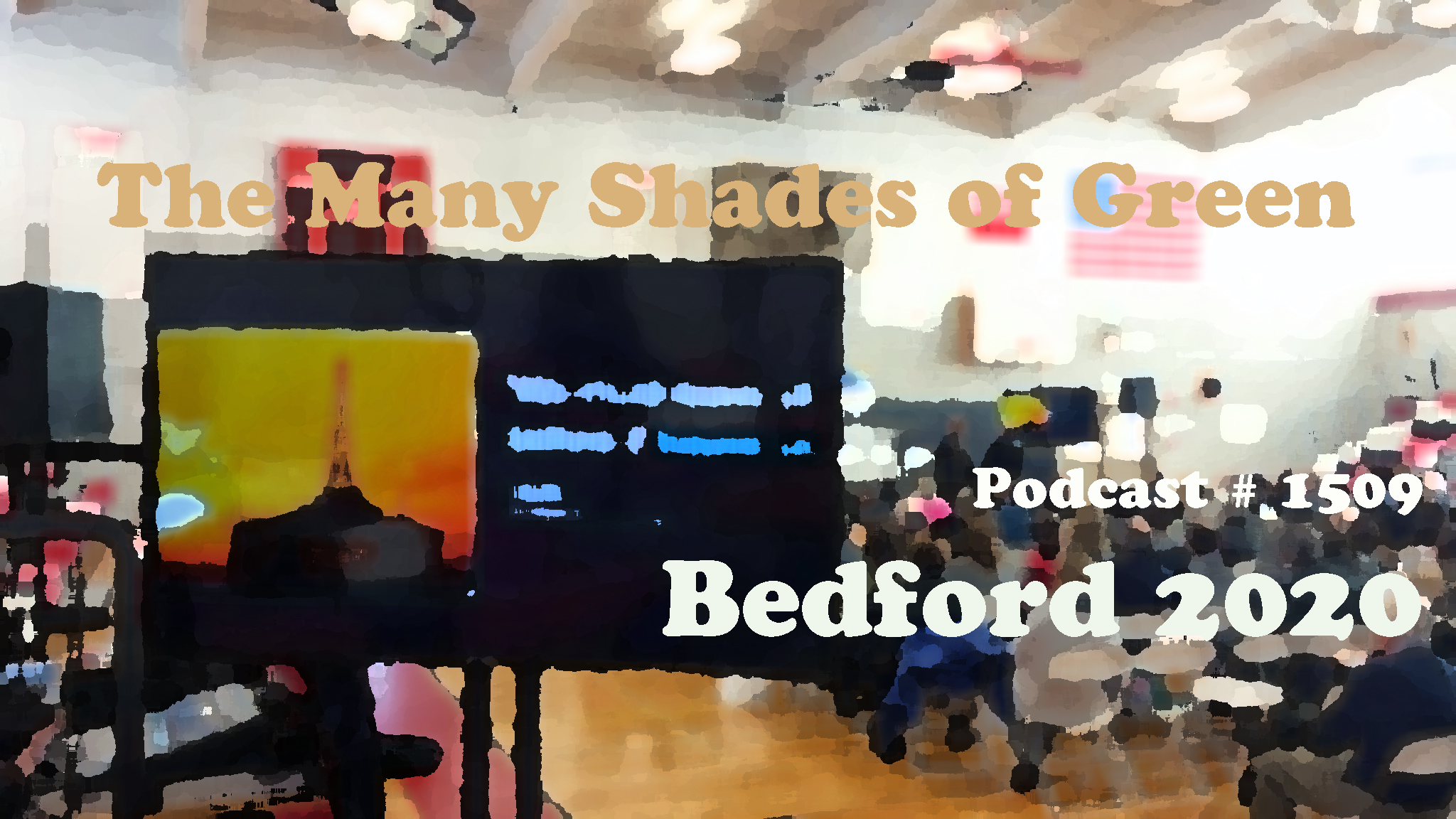
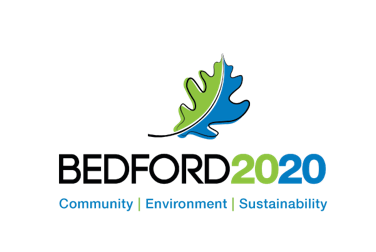 This week’s program takes place at the Bedford 2020 Summit and Solar Action Day. We spoke to Andrew Revkin, writer of the Dot Earth Blog for the New York Times, as well as Peter Olmsted, East Coast Regional Director for Vote Solar. We also spoke to Mayor Michael Cindrich of Mt. Kisco, NY about the solar projects on his agenda. Keynote Speaker Amory Lovins, of The Rocky Mountain Institute, spoke about new energy technologies that are on the horizon for the future of electricity. It was a gathering of innovators, educators and community, all working to promote solar and other renewable energy, in an effort to help create actionable solutions to green house gas emissions. A special thank you to Heather Flournoy for her hard work and hospitality. For more information go to
This week’s program takes place at the Bedford 2020 Summit and Solar Action Day. We spoke to Andrew Revkin, writer of the Dot Earth Blog for the New York Times, as well as Peter Olmsted, East Coast Regional Director for Vote Solar. We also spoke to Mayor Michael Cindrich of Mt. Kisco, NY about the solar projects on his agenda. Keynote Speaker Amory Lovins, of The Rocky Mountain Institute, spoke about new energy technologies that are on the horizon for the future of electricity. It was a gathering of innovators, educators and community, all working to promote solar and other renewable energy, in an effort to help create actionable solutions to green house gas emissions. A special thank you to Heather Flournoy for her hard work and hospitality. For more information go to 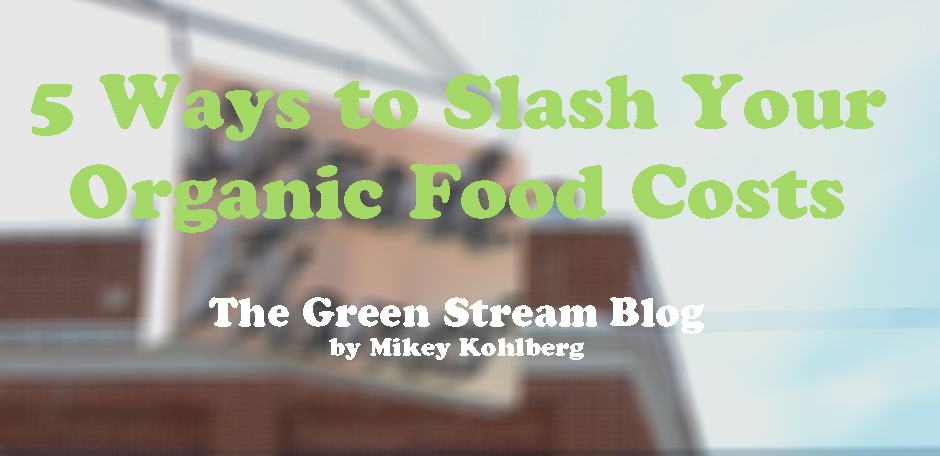
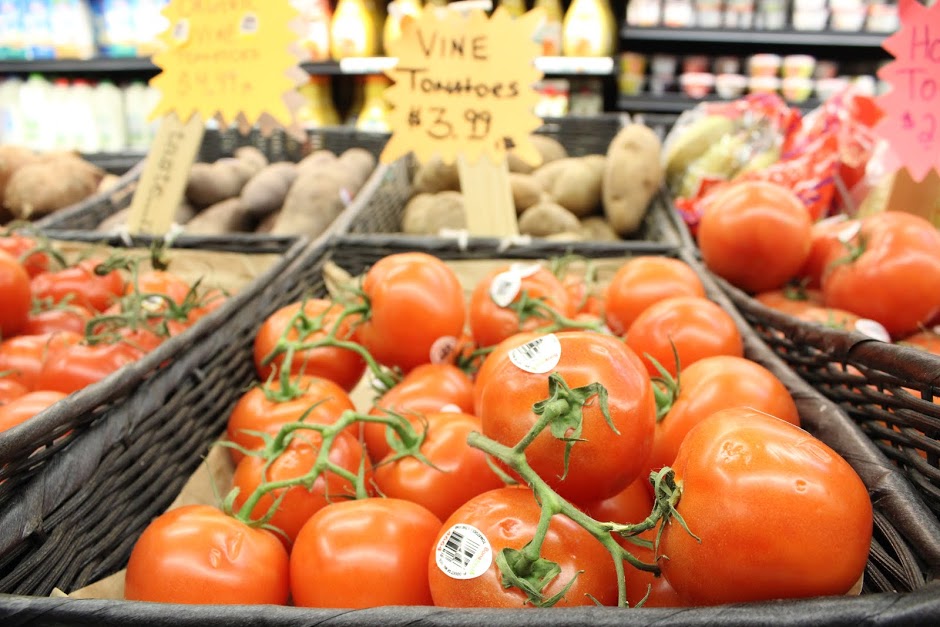
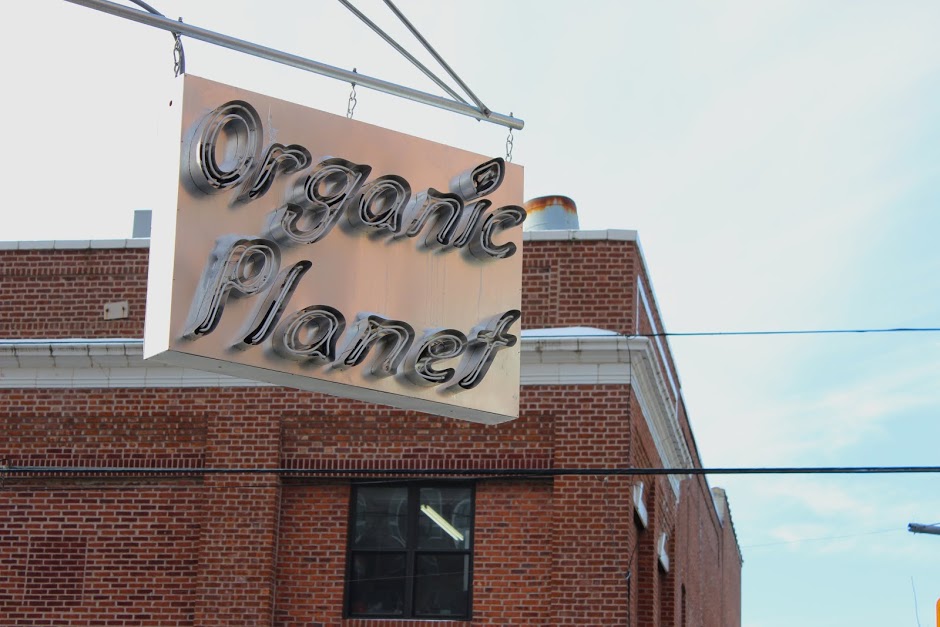
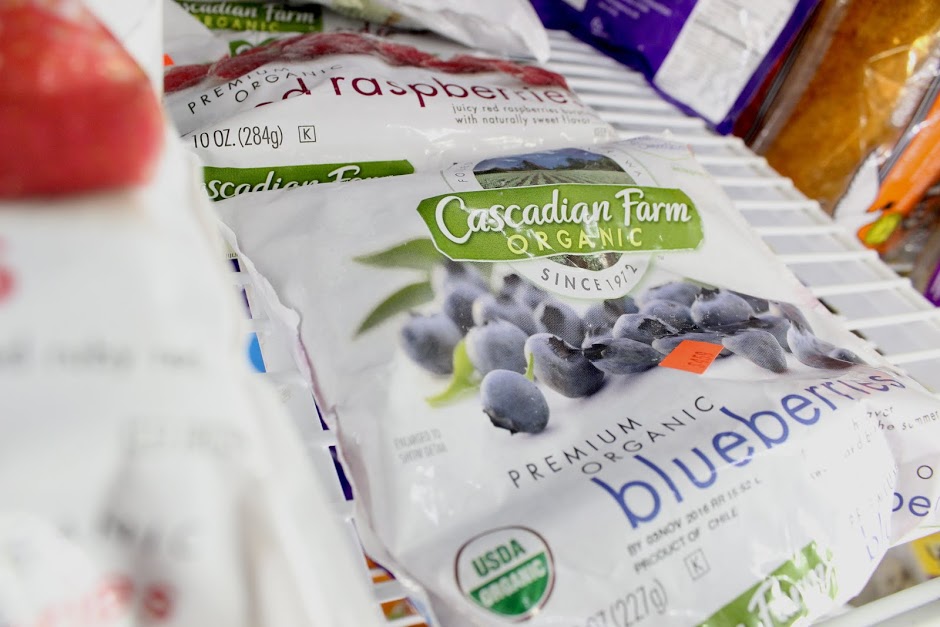
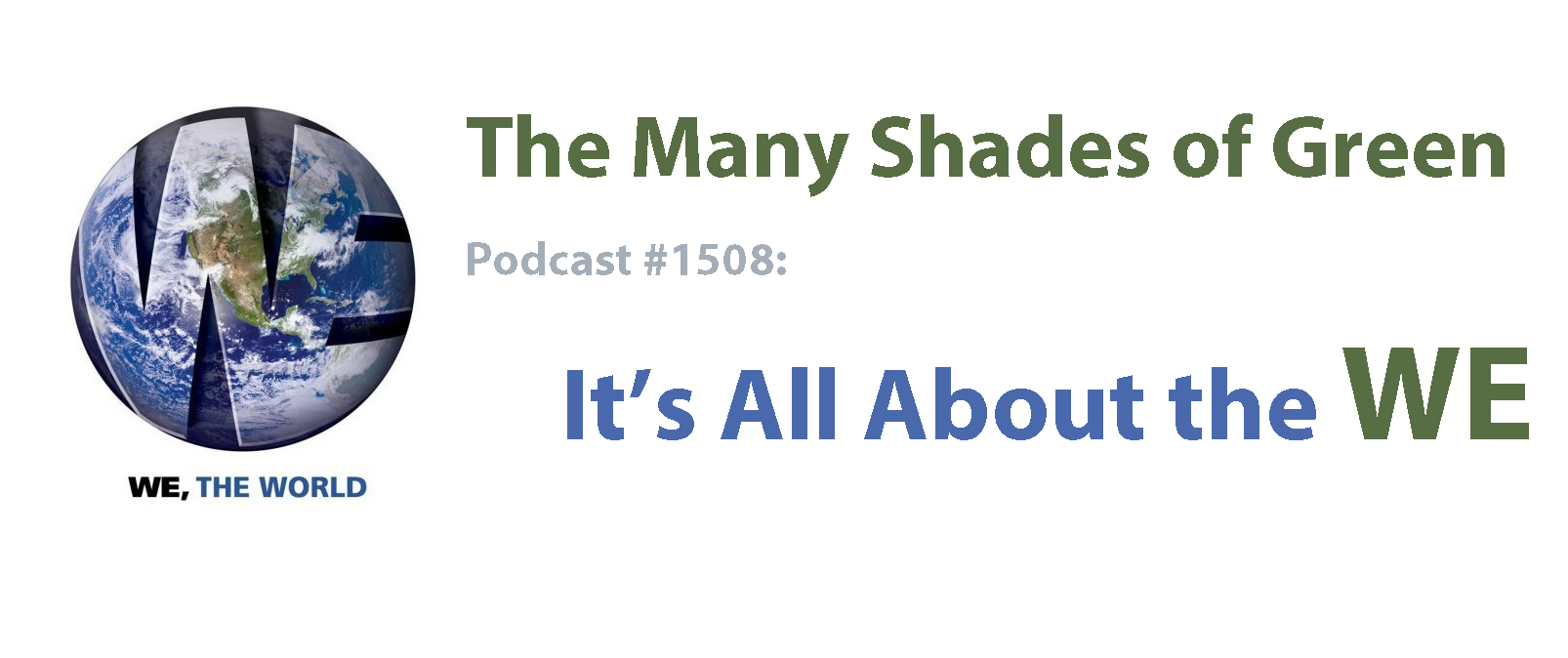
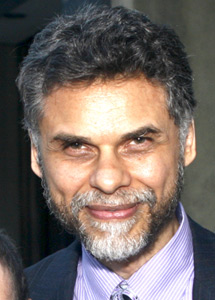 We are all interconnected to one another, yet the cultural mindset continues to focus on the me, rather than the we. My guest this week, Rick Ulfik, founder of We the World, is moving to change the paradigm by promoting awareness of the need for creating a more humane spirit, by enlisting change agents from around the globe, to build a more peaceful, sustainable and empathetic world. We the World works to develop global networks of collaboration via the 11 Days of Global Unity, and 11 Ways to Change the World. It’s time for the collective will of the citizenry to use the power of WE! For more information go to
We are all interconnected to one another, yet the cultural mindset continues to focus on the me, rather than the we. My guest this week, Rick Ulfik, founder of We the World, is moving to change the paradigm by promoting awareness of the need for creating a more humane spirit, by enlisting change agents from around the globe, to build a more peaceful, sustainable and empathetic world. We the World works to develop global networks of collaboration via the 11 Days of Global Unity, and 11 Ways to Change the World. It’s time for the collective will of the citizenry to use the power of WE! For more information go to 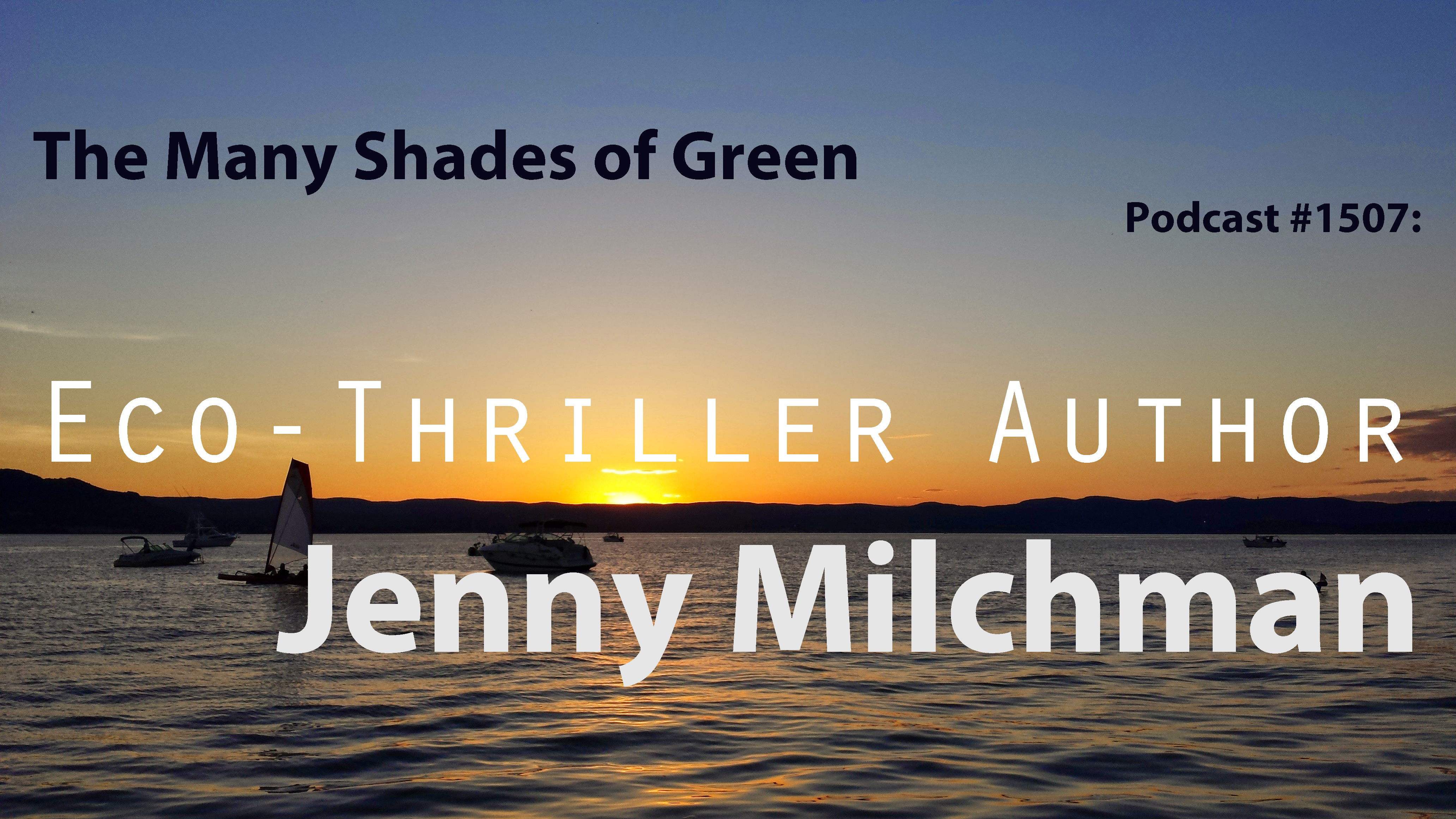
 Join me and my guest, author
Join me and my guest, author 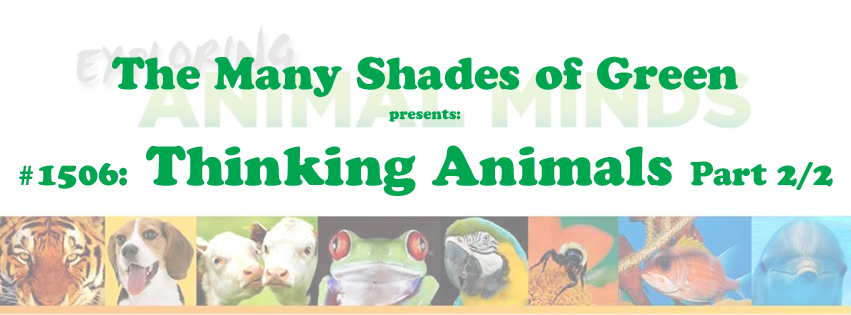
 Many species are in decline because of climate change. In Part 2 of our talk with Bonnie Wyper, President and Executive Director of Thinking Animals, we discuss what actions can be taken to help stop the destruction of animal habitats due to urban sprawl, air and water pollution, as well as poaching (especially in the ivory trade). Big Ag farms treat animals with little regard to their emotional feelings. Cattle, chickens and pigs are penned up and/or caged with no room to move around, and are led to slaughter in cruel and inhumane conditions. There are ways to change our behavior to stop the destruction of animal habitats, and to work to make life better for the non-human creatures who inhabit the Earth. As humans, we must do better, and we must create a world fit for all the inhabitants of the planet. Conservation is key to making that happen. Go to
Many species are in decline because of climate change. In Part 2 of our talk with Bonnie Wyper, President and Executive Director of Thinking Animals, we discuss what actions can be taken to help stop the destruction of animal habitats due to urban sprawl, air and water pollution, as well as poaching (especially in the ivory trade). Big Ag farms treat animals with little regard to their emotional feelings. Cattle, chickens and pigs are penned up and/or caged with no room to move around, and are led to slaughter in cruel and inhumane conditions. There are ways to change our behavior to stop the destruction of animal habitats, and to work to make life better for the non-human creatures who inhabit the Earth. As humans, we must do better, and we must create a world fit for all the inhabitants of the planet. Conservation is key to making that happen. Go to 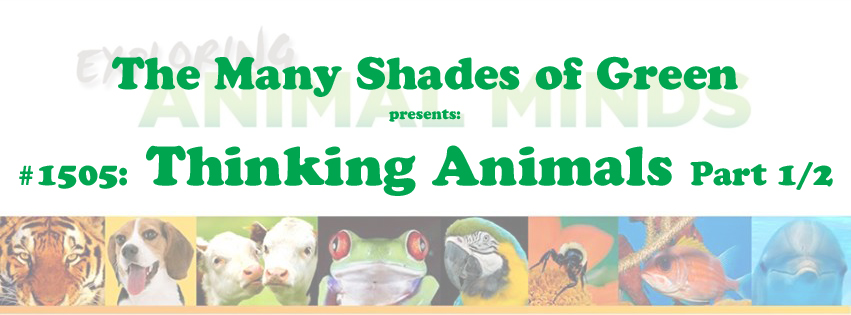
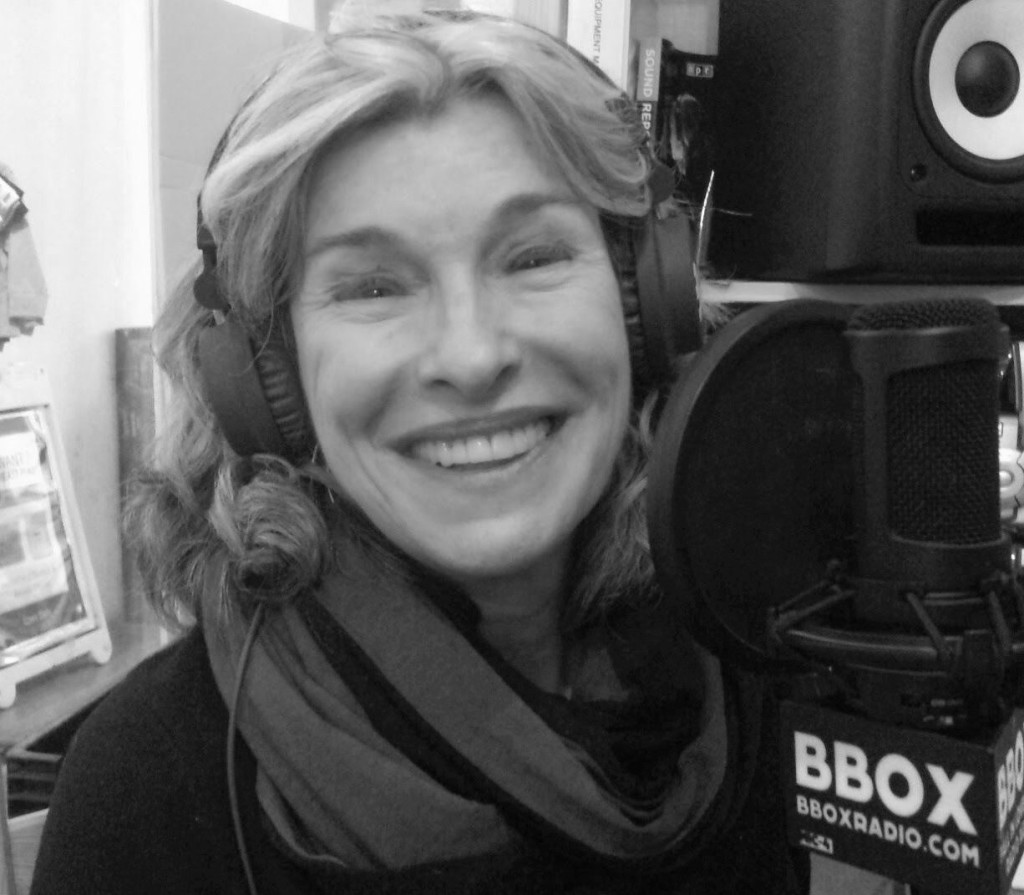 If we could talk to the animals, just imagine it, chatting to a chimp in chimpanzee, imagine talking to a tiger, chatting to a cheetah, what a neat achievement that would be. In Part 1 of my talk with Bonnie Wyper, President and Director of Thinking Animals, we delve into the topic of animal behavior and cognition. Charles Darwin once said that “Evolution is not just the physical body, but our emotional sides as well.” Bonnie and I discuss how animals experience joy, stress, thought and nuance, and are more complex than humans know. Most humans think of themselves as superior beings, and species are being decimated because of that thought process. We need to step up and treat all creatures humanely. For more information go to
If we could talk to the animals, just imagine it, chatting to a chimp in chimpanzee, imagine talking to a tiger, chatting to a cheetah, what a neat achievement that would be. In Part 1 of my talk with Bonnie Wyper, President and Director of Thinking Animals, we delve into the topic of animal behavior and cognition. Charles Darwin once said that “Evolution is not just the physical body, but our emotional sides as well.” Bonnie and I discuss how animals experience joy, stress, thought and nuance, and are more complex than humans know. Most humans think of themselves as superior beings, and species are being decimated because of that thought process. We need to step up and treat all creatures humanely. For more information go to 
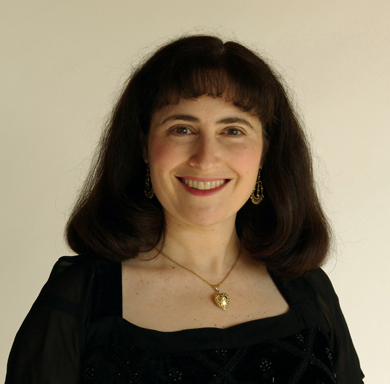 Music is the message, and my guest this week, Sharon Abreu, creates musical shows and programs that help educate people about the environment. She uses multimedia platforms as a tool to get the green message out, and as Executive Director of Irthlingz, she combines entertainment and music with education, to bring issues of sustainability to the forefront. Pete Seeger and Ray Korona are smiling from above, knowing that Sharon is carrying the torch to create activism through music. For more information please visit
Music is the message, and my guest this week, Sharon Abreu, creates musical shows and programs that help educate people about the environment. She uses multimedia platforms as a tool to get the green message out, and as Executive Director of Irthlingz, she combines entertainment and music with education, to bring issues of sustainability to the forefront. Pete Seeger and Ray Korona are smiling from above, knowing that Sharon is carrying the torch to create activism through music. For more information please visit 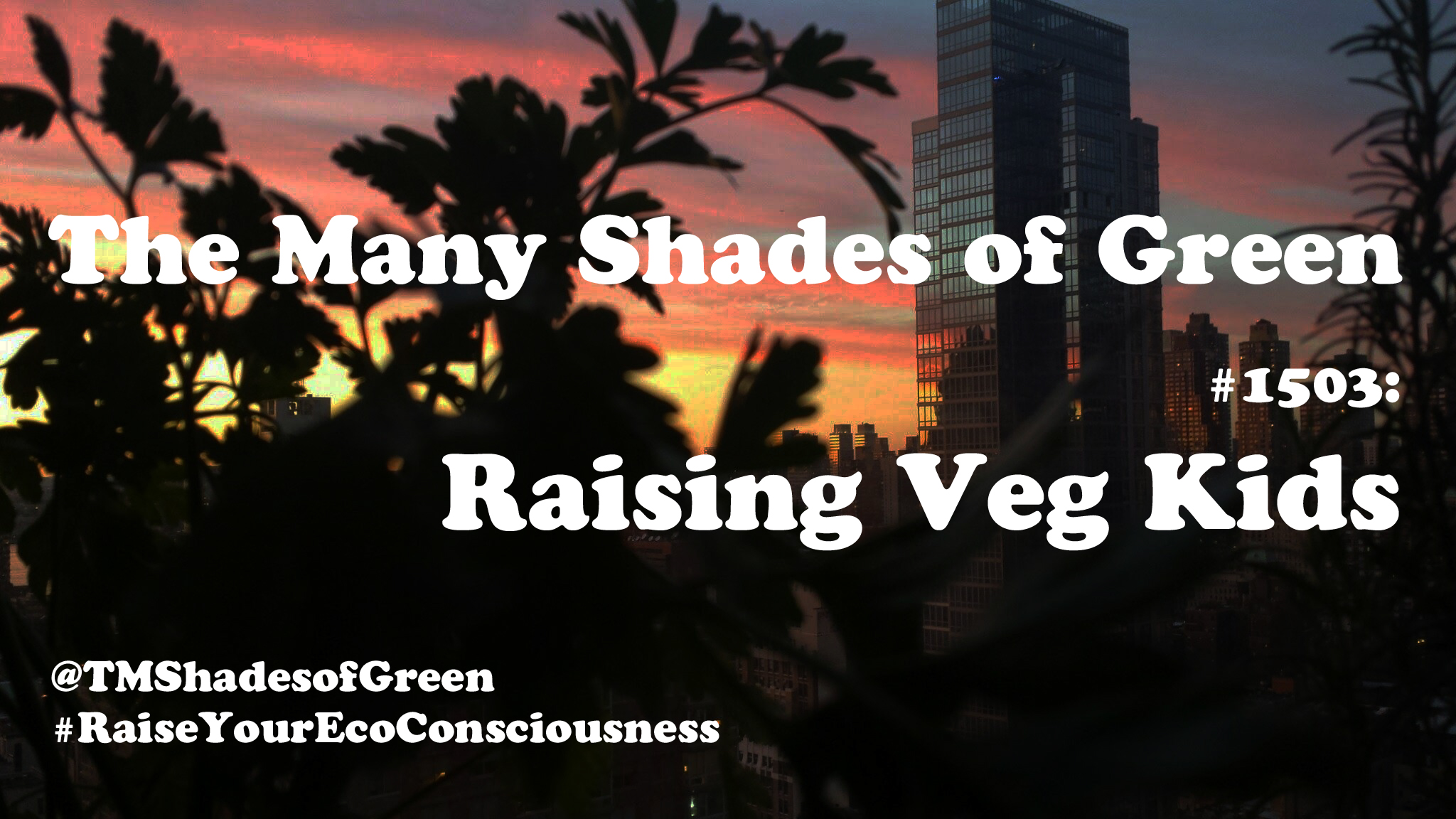
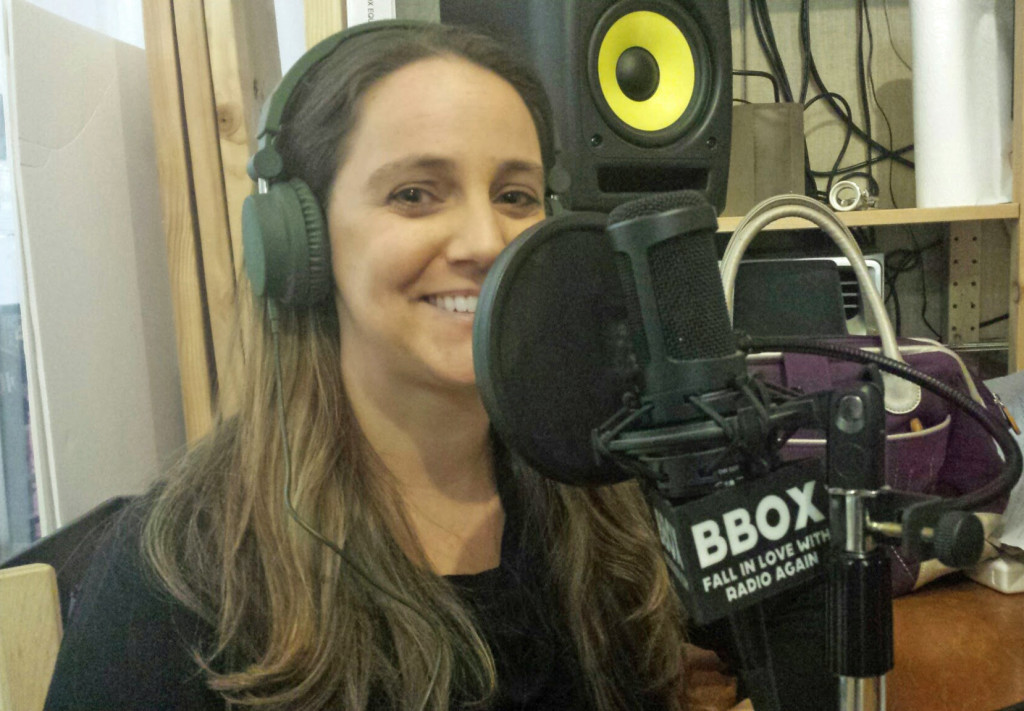 My guest this week is Robyn Moore, creator of RaisingVegKids.com and Family Coordinator for Education for the Solutionary School, which is set to open in NYC in 2016. Education is the key to preparing students to be more ethical and humane, as our culture needs to create problem solvers and thinkers. Part of that process is teaching children and their parents to be stewards of the planet, and to eat a cleaner, more plant based diet, which will lead to a healthier society. Whether vegan, vegetarian, or paleo, balance is an essential part of eating and living. For more information go to
My guest this week is Robyn Moore, creator of RaisingVegKids.com and Family Coordinator for Education for the Solutionary School, which is set to open in NYC in 2016. Education is the key to preparing students to be more ethical and humane, as our culture needs to create problem solvers and thinkers. Part of that process is teaching children and their parents to be stewards of the planet, and to eat a cleaner, more plant based diet, which will lead to a healthier society. Whether vegan, vegetarian, or paleo, balance is an essential part of eating and living. For more information go to